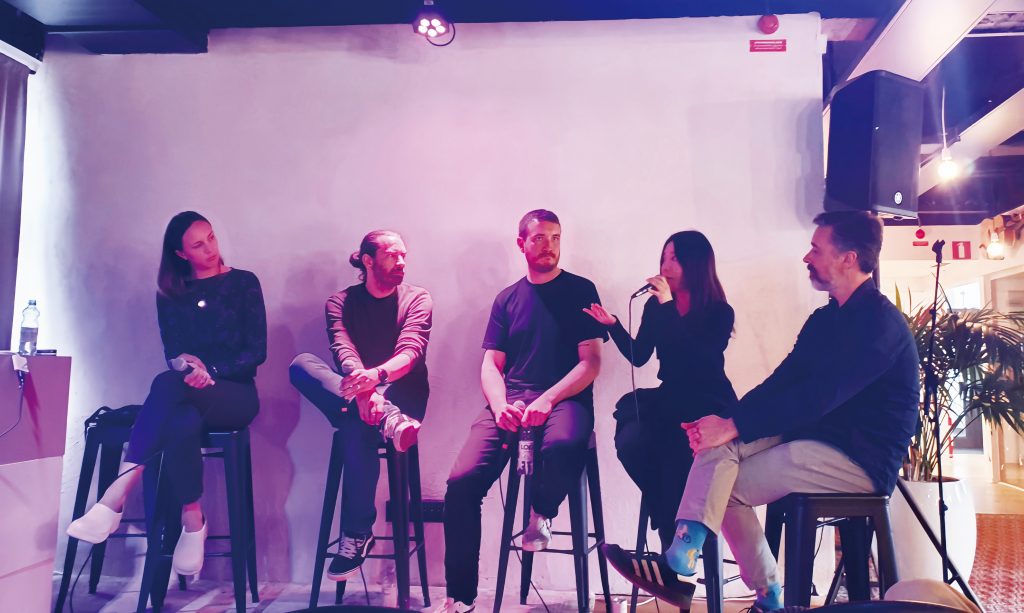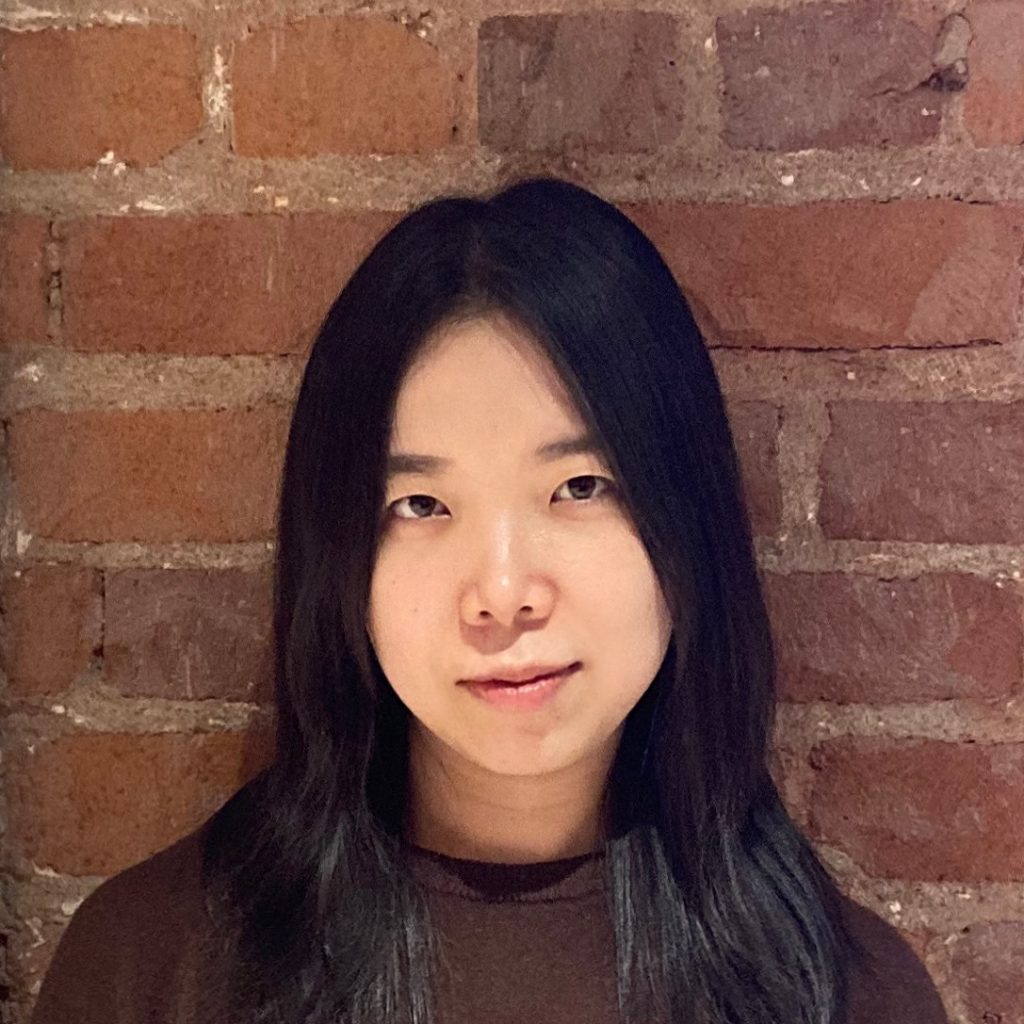November 2023 | Volume 25 No. 1
Cover Story
A Challenge for Creatives
Listen to this article:
Dr Rujing Stacy Huang, Presidential Postdoctoral Fellow in Music, is one of the few humanities scholars in the world working at the intersections of music and AI. In 2021, she was recruited to join ‘MUSAiC’, a five-year, EU-funded research project based in Sweden, to investigate the critical issues arising from AI’s disruption of music – the only humanities scholar in a team of computer scientists and engineers. Since then, she has engaged in countless conversations with different stakeholders on the perceived impact of AI over the creative fields.
A computer scientist recently told her they did not see why their children should learn to play any musical instrument if AI could complete the task for them. They excitedly related how machine learning would soon be generating all the music humans need and in unbeatable quality.
“What is striking in this statement is that it prioritises the function of music as a commodity and a sheer data output, while erasing the entire embodied, aesthetic experience of music,” she said.
But that doesn’t mean there is no place for AI in music. “At the extremes we hear two opposing views around creative AI. One is that it makes everyone an artist, and this is the best era to be a creative; the other is that AI signifies the end of art, and the death of the true ‘artist’.” Rather than choosing sides, Dr Huang is more interested in exploring the fundamental questions and assumptions embedded in such narratives. Specifically, she has been considering questions relating to ethics, authenticity, artistic skill and de-skilling, and more generally the shifting nature of creative work.
‘Machine folk’
On authenticity, for instance, her collaborator Associate Professor Bob Sturm created an algorithm that can generate tunes in the style of Irish traditional music. On the surface, such ‘machine folk’ may seem to diminish authenticity by bypassing the human creator (the ‘folk’) and their community, story, culture, history and identity – elements most essential in defining folk music. But not quite, said Dr Huang.
“In this case, Sturm would share some of the generated tunes with the traditional musicians’ community, including his Irish accordion teachers. The tunes would then be practised, played, taught, exchanged, and eventually they would enter a musician’s tune collection. I call this a process of ‘authentication’, when a ‘machine folk’ comes to life. After all, authenticity is never fixed but is always in the becoming,” she said.
She has also brought a classical Chinese philosophy perspective to her work. “In my work, I have argued that in reaching beyond Western systems of thought, we may open up new perspectives for thinking critically and responsibly about (music) AI.”
Recently, Universal Music Group urged Spotify to remove a song where AI was used to ‘deep-fake’ the vocals of Drake and The Weeknd.
“This incident points to the age-old question about what in music is copyrightable. Should the human singing voice be subject to copyright protection? And, besides the question of legality, is unconsented AI voice cloning ethical?” she asked.
Human-AI partnership
Also intertwined is the issue of musical labour. “Is virtuosic skill as conventionally conceived still vital when defining the next generation of working ‘artists’? Can art be generated instantly and with minimal effort? Consider songwriting via the press of one button.” But Dr Huang also cautioned against oversimplifying the power of AI: “When deployed with nuance, AI tools can unleash previously unimaginable, creative possibilities.”
In 2021 and 2022, Dr Huang co-organised the AI Song Contest (AISC), an annual, international competition exploring human-AI partnership in songwriting. Besides the song, entrants must submit a four-page ‘process document’ and teams typically consist of both musicians and scientists. The contest has received coverage from The New York Times, Science, Scientific American, Billboard, BBC etc. In Spring 2023, via a partnership with Sony, AISC launched its inaugural Artist Residency at the Sony Computer Science Laboratories in Paris. Dr Huang currently sits on the board of directors for the AISC Foundation, a non-profit entity based in the Netherlands.
“As a process-driven contest, we’re interested in discovering how AI can meaningfully push the boundaries of creative expression,” she said.
Dr Huang, who was recently invited to share her research with Google’s Montreal Office and the Google Magenta team, stressed the urgency of bridging technological development with critical, humanistic inquiry. She sees HKU as a place where this has started to happen, through initiatives such as the new Bachelor of Arts in Humanities and Digital Technologies, and the AI & Humanity Lab. “You’d be surprised at how rare this is. It is not an easy bridge to build, but it’s worth the hard work.”

Dr Huang (second from right) was a panellist at the AI and Music Industry Forum organised by IFPI Sweden (International Federation of the Phonographic Industry) and STIM (Swedish Performing Rights Society) in Sweden in May 2023.
We’re interested in discovering how AI can meaningfully push the boundaries of creative expression.

DR RUJING STACY HUANG

